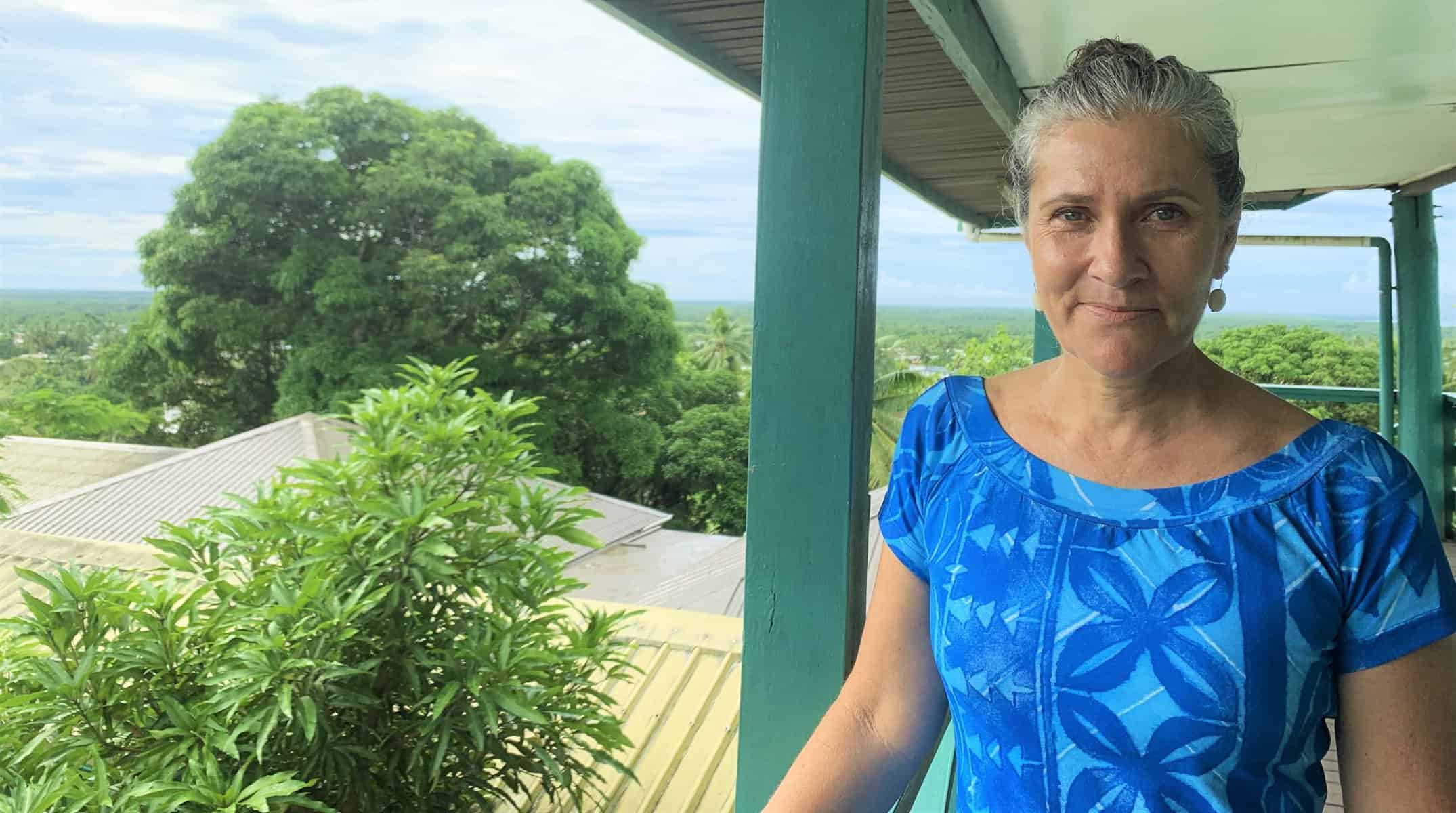The lack of a regional vision for agriculture and forestry is “one of our biggest challenges”, says the Director of the Land Resources Division of the Pacific Community, Karen Mapusua.
But this is poised to change, after the Pacific Heads of Agriculture and Forestry Meeting in Fiji this month approved the development of the first-ever regional strategy for the sector.
“We really want to look far into the future at what it would look like for us to have an agricultural system that gives us a sustainable food basket for the region, and then . . .
Please Subscribe to view full content...
